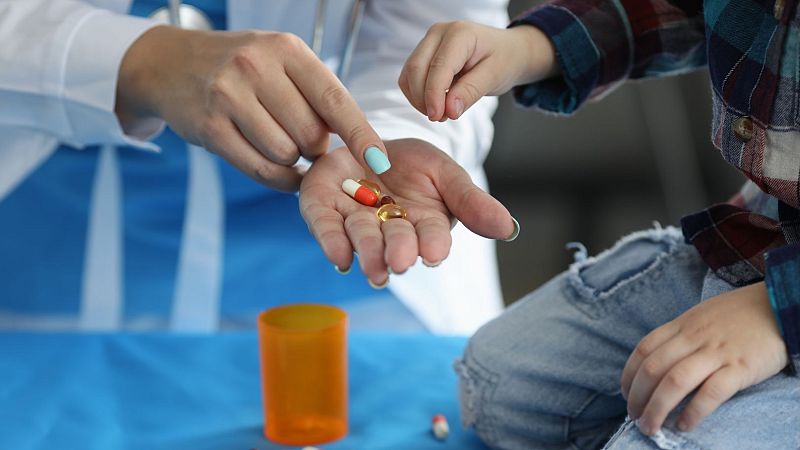Young children are prescribed ADHD drugs too quickly, analysis finds

Young children with attention-deficit/hyperactivity disorder (ADHD) are prescribed medication too quickly, according to a large new study in the United States.
Medical guidelines recommend that young children – around four and five years old – who are newly diagnosed with ADHD undergo six months of behavioural therapy before starting medication.
But paediatricians often prescribe ADHD drugs immediately upon diagnosis, according to the analysis. It included more than 9,700 US children and was published in the journal JAMA Network Open.
The practice is “concerning, because we know starting ADHD treatment with a behavioural approach is beneficial,” said Dr Yair Bannett, the study’s lead author and an assistant professor of paediatrics at Stanford University.
“It has a big positive effect on the child as well as on the family,” Bannett said in a statement.
In the US, an estimated 11.4 per cent of children ages three to 17 have been diagnosed with ADHD, which can cause distraction, forgetfulness, high energy levels, restlessness, and other issues. Symptoms usually start before the age of 12.
Specialists say it is critical to detect ADHD early in life because left untreated, it can affect children’s academic performance and trajectories into adulthood.
The two main forms of treatment are behavioural therapy, where kids learn to build skills and habits that help them with daily functioning, and medications such as Ritalin or Concerta, which can curb symptoms such as hyperactivity and inattentiveness.
Most children with ADHD can benefit from a combination of behavioural therapy and medication, but official guidelines say that if they are diagnosed at age four or five, they should start with six months of behavioural therapy only.
However, among the children with ADHD in the study, 42.2 per cent were prescribed ADHD medication within one month of their diagnosis. Only 14.1 per cent received medication more than six months later.
Part of the challenge may be a lack of access to behavioural treatment, Bannett said.
The researchers said they are not worried about the safety of the medications for 4- and 5-year-olds.
However, many children stop taking them because stimulants can cause irritability, aggression, and emotional behaviour, prompting parents to decide that the “side effects outweigh the benefits,” Bannett said.
“We never think of medication as the only solution for ADHD,” he added.
The study has some limitations. It was conducted in the US, so it’s unclear whether the findings would apply directly in Europe or elsewhere in the world.
Other research indicates that children in North America are much more likely to receive ADHD medication than their peers in Europe.
Today

